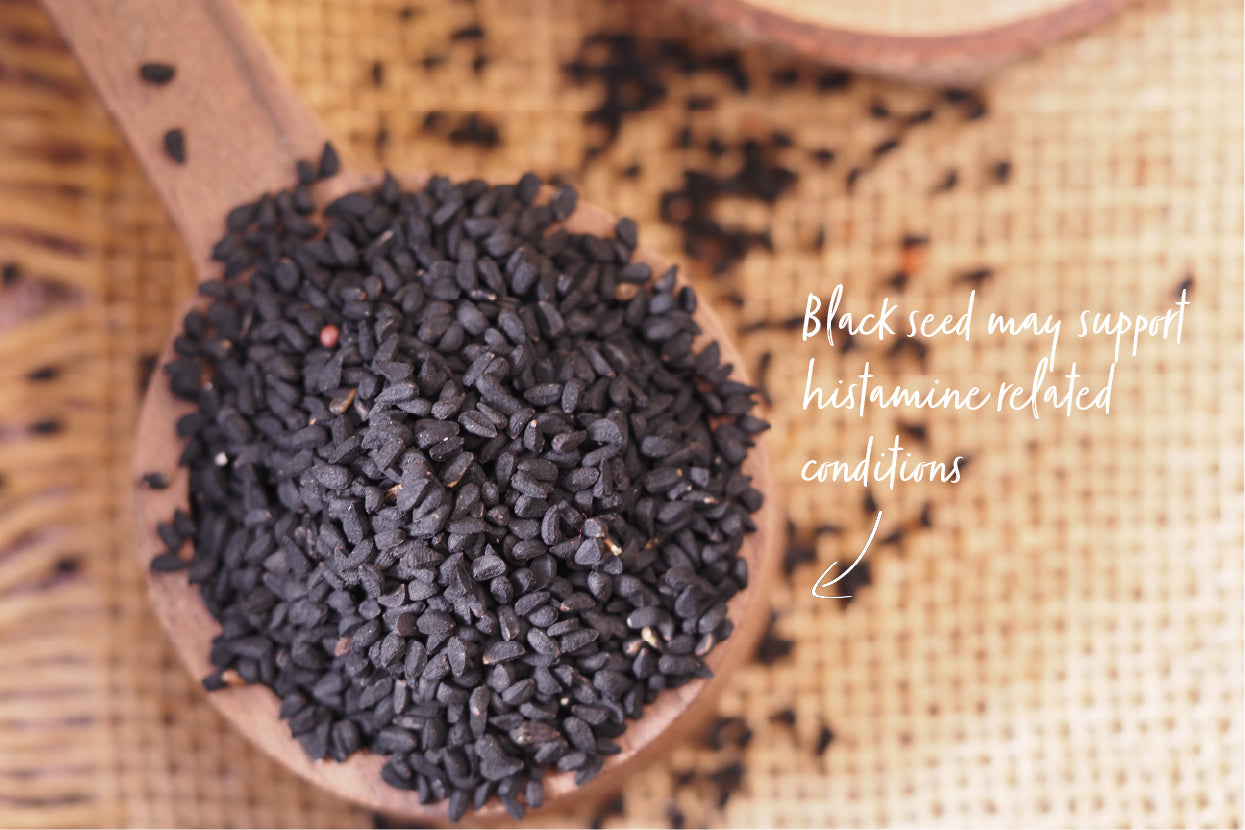When you eat food, an important step in the breakdown and digestion of your meal is the release of digestive enzymes in your small intestine. Enzymes help to break chemical bonds in food and make food particles smaller so you can digest them. This enzymatic breakdown also minimises reactions to food such as bloating, discomfort and gas.
If you have low production of these enzymes, or if you eat foods that are difficult to digest, sometimes the enzymes cannot keep up and symptoms can start to occur. Chewing food more thoroughly, not overeating and avoiding problem foods can help lower the burden, but sometimes you may need extra help.
Digestive enzymes can be taken as a dietary supplement and have a long history of safe use. They are mostly derived from vegetarian origin, and include enzymes such as lipase (breaks down fat), amylase (starch) and protease (protein). Several scientific studies have confirmed their value, showing they can reduce bloating, discomfort and changes in bowel habits.
Try using digestive enzymes with foods you know cause a problem to see if they help. Common problem foods are dairy foods, wheat products, onions, beans, legumes, and starchy or fatty foods. They are best taken with food and you may need from one to three capsules; everyone is different, adjust your intake as required.
The Acid Test
Low stomach acid is a common cause of digestive discomfort; fortunately if this is an issue for you there is a safe, natural solution. But how do you know if you stomach acid is low?
Common symptoms include; feeling unusually full after small or moderate-sized meals, belching, flatulence, constipation, indigestion, and a sensation that food sits for a long time in the stomach.
Low stomach acid becomes increasingly more common with age.
For decades Betaine HCL taken with meals has been used to relieve symptoms of low stomach acid. It works by slightly increasing the natural acid environment in your stomach and aiding normal digestion. Try a simple 650mg capsule with meals and you will know quicklyif it is going to work for you.
Traditionally, plant extracts have also been used to improve digestion and relieve symptoms, with one of the best know being Gentian root (Gentiana lutea). Indeed scientific studies support the idea that the extract of Gentian increases gastric acid secretion due to effects in the stomach.
Additionally, a German study found that Gentian root extract taken with meals for 15 days was able to improve symptoms within five days with an average level of improvement of 68%. Furthermore, most people were rated as having a good or excellent response by their doctors.
The information contained in this blog is not intended to treat, diagnose or replace the advice of a health practitioner. Please consult a qualified health practitioner if you have a pre-existing health condition or are currently taking prescribed medication. Food supplements should not be used as a substitute for a varied and balanced diet.
The food supplements mentioned in this blog can be found in specialist health food stores. Click here to locate your local specialist health food store.
Related Posts

How diet and personalised nutrition can help these and hi...
Read More
Indulgent food is often at the centre of celebrations ove...
Read More
“Sometimes customers leave with a hug or a simple piece o...
Read More